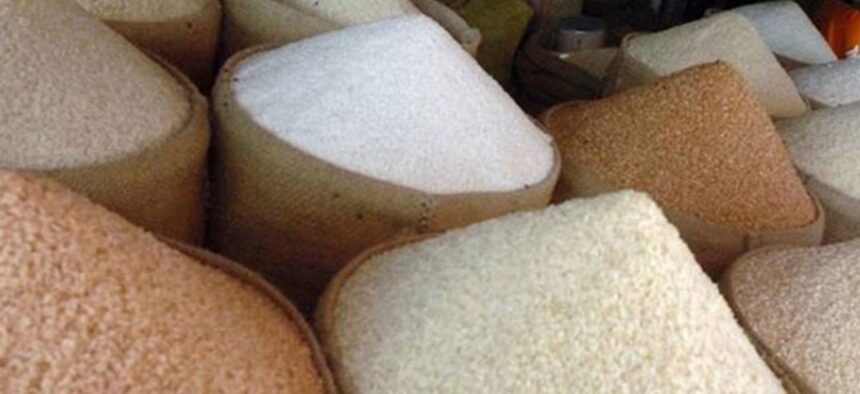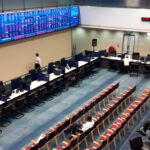Due to pricing limits, a limited window for product shipment, and poor weather in India causing vessel delays, a number of Sri Lankan importers have canceled orders for rice, according to trade sources.
Sri Lanka allowed private enterprises to import rice till December 20 after lifting food curbs on the populace through licensing that had been in place previous Rajapaksa governments.
However, according to a trade source, the timeframe was too small.
An industry representative stated, “Tamil Nadu has experienced severe weather, which has caused delays in shipping.” “All we had was until December 20.
“We are not capable of miracles. If there is a delay, re-exports could be a possibility. Orders from so many importers have been canceled.
Along with the limited window, there is a 65 rupee per kilogram tax (about $220 USD).
Sri Lanka has implemented price controls on rice in addition to the tax, which keeps prices roughly 50% higher than those in the rest of the world. This has increased the risks for dealers and importers.
In Sri Lanka, price controls were lifted in 1978, but they have since returned, leading to shortages.
The Consumer Affairs Authority’s price regulations have devastated the poultry egg industry and has caused shortages in certain necessities.
Due to Sri Lanka’s high import taxes and licensing policies, which provide politically connected producer lobbyists with easy profits, oligopolies have emerged in sectors such as housing and food.
“Mafias” is the local term for oligopolies created by utilizing import tax protection.
Sri Lanka has implemented price controls on rice in addition to the tax, which keeps prices roughly 50% higher than those in the rest of the world. This has increased the risks for dealers and importers.
In Sri Lanka, price controls were lifted in 1978, but they have since returned, leading to shortages.
The Consumer Affairs Authority’s price regulations have devastated the poultry egg industry and has caused shortages in certain necessities.
Due to Sri Lanka’s high import taxes and licensing policies, which provide politically connected producer lobbyists with easy profits, oligopolies have emerged in sectors such as housing and food.
“Mafias” is the local term for oligopolies created by utilizing import tax protection.




